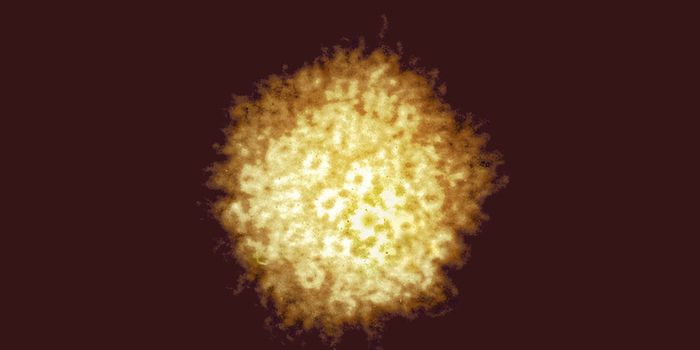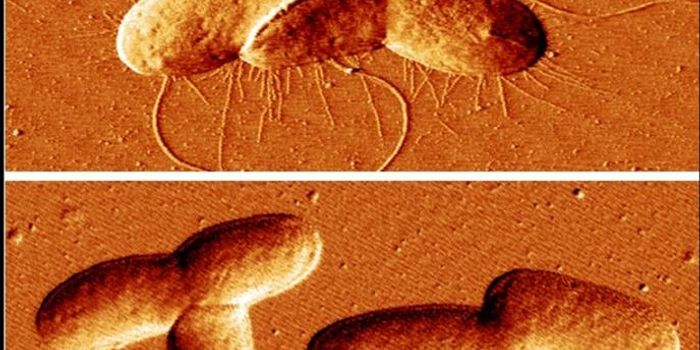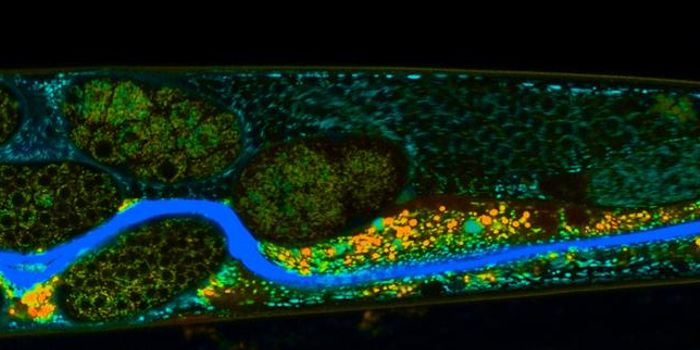In a First, Keystone Virus Sickens a Person
Keystone virus is carried by mosquitoes and got its name from where it was first identified - Keystone, Florida - in 1964. While it had been found only in animals in the coastal areas of the south and east, it has now been isolated from an infected human. Details about the case have been reported in Clinical Infectious Diseases.
A teenage boy in North Central Florida went to a clinic complaining of fever and rash in August 2016. He knew he’d been bitten by a lot of mosquitoes at camp. Because of the Zika outbreak that was occurring in the Caribbean and Florida at that time, samples were taken, but they were found to be negative for Zika. Clinicians were having a difficult time with the diagnosis. When researchers performed additional testing, they found Keystone.
"We couldn't identify what was going on,” said Dr. Glenn Morris, director of the University of Florida's Emerging Pathogens Institute. “We screened this with all the standard approaches and it literally took a year and a half of sort of dogged laboratory work to figure out what this virus was.” Until now, he said, there was no way to test for Keystone virus. Biotech companies have reached out, he noted, and are trying to create diagnostic tools.
The virus is one of a group that can cause brain inflammation, called encephalitis, in various species including humans. Laboratory studies have suggested that Keystone can infect brain cells, but fortunately, in this case, the patient did not experience that serious complication. Scientists still don’t know for sure whether or not this virus has the capability to cause encephalitis.
Since its discovery, research reports have suggested that up to twenty percent of people living in some Florida areas have developed antibodies to Keystone, meaning that they were probably exposed to the virus. It appears to cause only mild symptoms in animals where it has been found.
“There’s a high likelihood that Keystone virus is continuing to circulate in Florida, as it has for at least 50 or 60 years, and as it may well have for hundreds of years,” Morris said. “This is one of our native Florida viruses.”
"It's likely there have continued to be a fair number of human infections. In most instances, it would appear to be asymptomatic or cause mild infection, fever, and a rash."
A common mosquito in Florida, Aedes atlanticus, can spread the disease. Members of the Aedes mosquito genus are known disease vectors that bite humans aggressively. Morris noted that more research will be needed to fully understand how prevalent diseases carried by mosquitoes are in the United States. Mosquito repellent is important if we are to minimize our risk.
Sources: WUSF News, The American Journal of Tropical Medicine and Hygiene, Clinical Infectious Diseases









